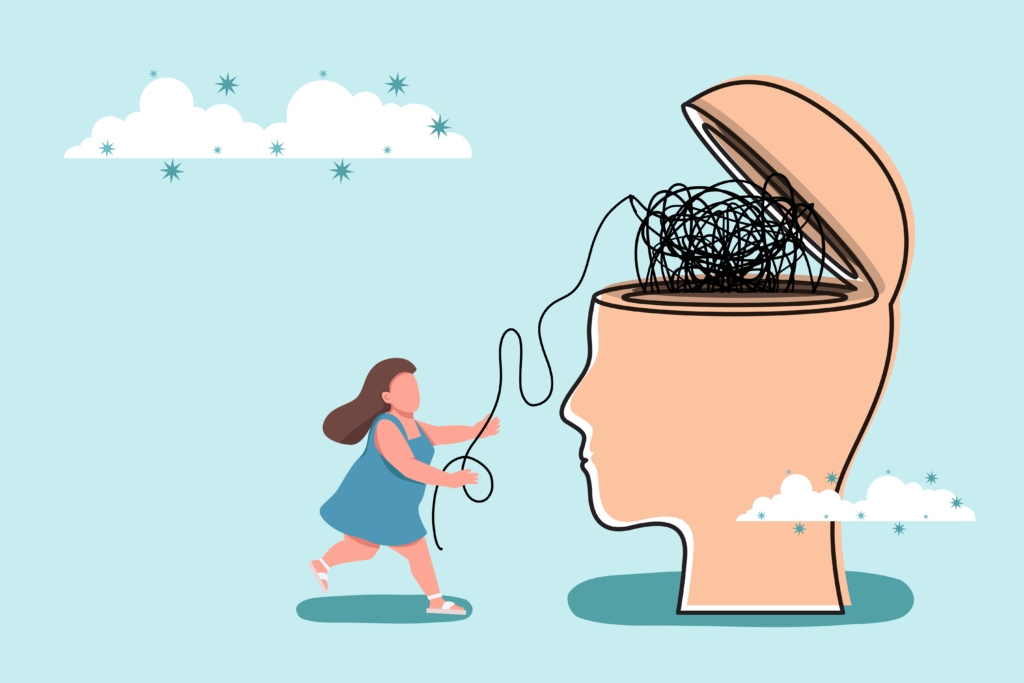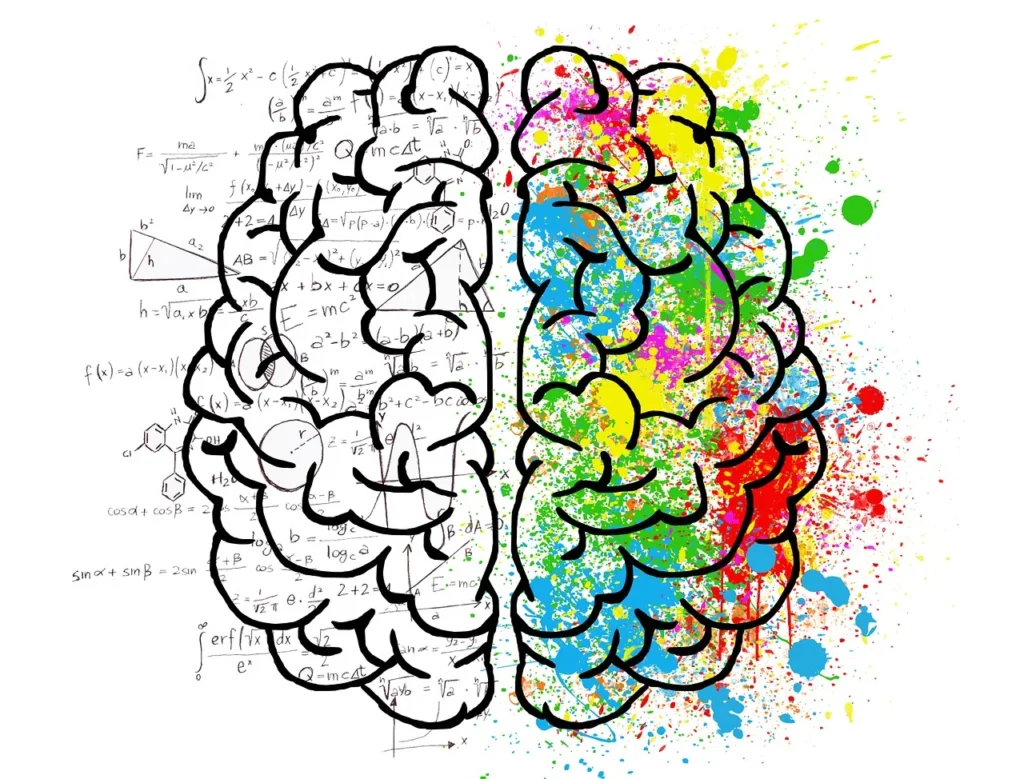
Mental disorders, characterized by disruptions in thinking, feeling, mood, behavior, or social interactions, can have profound impacts on individuals’ lives. Understanding the causes of mental disorders is crucial for effective prevention and treatment. In this extensive blog, we’ll delve into the multifaceted factors contributing to mental illness, including biological, psychological, and environmental influences.

Biological Factors:
The biology of the brain and nervous system plays a significant role in the development of mental disorders. Genetics, prenatal damage, infections, exposure to toxins, brain defects or injuries, and substance abuse are all biological factors that can adversely affect mental health. Abnormal functioning of neurotransmitter systems, such as serotonin, norepinephrine, dopamine, and glutamate, is also implicated in certain mental disorders.

Genetic predisposition:
Studies have identified genetic links between various psychiatric disorders, including autism, ADHD, bipolar disorder, major depressive disorder, and schizophrenia. While genetics can predispose individuals to mental illness, the reliable identification of specific genes associated with particular disorders remains challenging.
Psychological Factors:
Psychological mechanisms, such as cognitive biases, emotional influences, personality dynamics, temperament, and coping styles, contribute to the development and progression of mental disorders. Individuals may experience difficulties with impulse control and emotional regulation, further exacerbating their symptoms.

Environmental Factors:
Environmental stressors play a crucial role in mental health. Adverse experiences, including abuse, neglect, bullying, social stress, traumatic events, and overwhelming life experiences, can significantly impact an individual’s mental well-being. Dysfunctional home environments, poor interpersonal relationships, substance abuse, social isolation, discrimination, poverty, and socioeconomic inequality are among the environmental factors associated with mental illness.

Social Expectations and Self-esteem:
Social expectations and self-esteem also influence mental health outcomes. Both low and high self-esteem can have detrimental effects, leading to aggression, self-deprecating behavior, anxiety, and other mental health issues. Individuals who perceive themselves as not fitting in may experience bullying and emotional abuse, contributing to depression, anger, and poverty.

Poverty and Socioeconomic Status:
There is a direct correlation between poverty and mental illness, with individuals from lower socioeconomic backgrounds being at a higher risk. Economic stressors such as unemployment, lack of housing, and financial insecurity contribute to the development of mental disorders. Children from disadvantaged backgrounds may have low levels of self-efficacy and self-worth, further exacerbating their vulnerability to mental illness.
Conclusion:
Mental disorders are complex conditions influenced by a myriad of biological, psychological, and environmental factors. Understanding these multifaceted causes is essential for effective prevention, early intervention, and treatment strategies. By addressing genetic predispositions, psychological mechanisms, and environmental stressors, we can work towards promoting mental health and well-being for all individuals. Through increased awareness, advocacy, and support, we can strive to create a more inclusive and compassionate society that prioritizes mental health care for everyone.